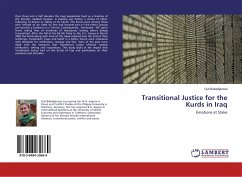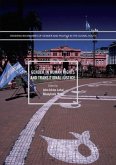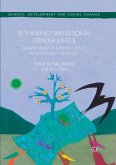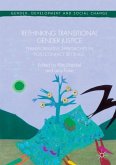Over three and a half decades the Iraqi population lived as a shadow of the dictator, Saddam Hussein. A shadow put before a choice of either following its bearer or falling at his hands. The Kurds were among those who refused to be ruled by him and became one of the ethnic groups perceived by Saddam as a threat. Consequently, darnkness fell upon them, taking lives of hundreds of thousands, leaving others deeply traumatized. After the fall of the Ba ath Party to the U.S. troops in March 2003 the Kurds along with most of the Iraqis rejoiced over the end of their sufferings. Excitement, hope and belief in a better future were interlaced with demands for retribution, revenge and fear. Scars of the past were dealt with the measures that Transitional Justice offered, namely retribution, vetting and reparations. This study looks at the impact that Transitional Justice had on the Kurds of Iraq and particularly on their emotions and attitudes.
Bitte wählen Sie Ihr Anliegen aus.
Rechnungen
Retourenschein anfordern
Bestellstatus
Storno








